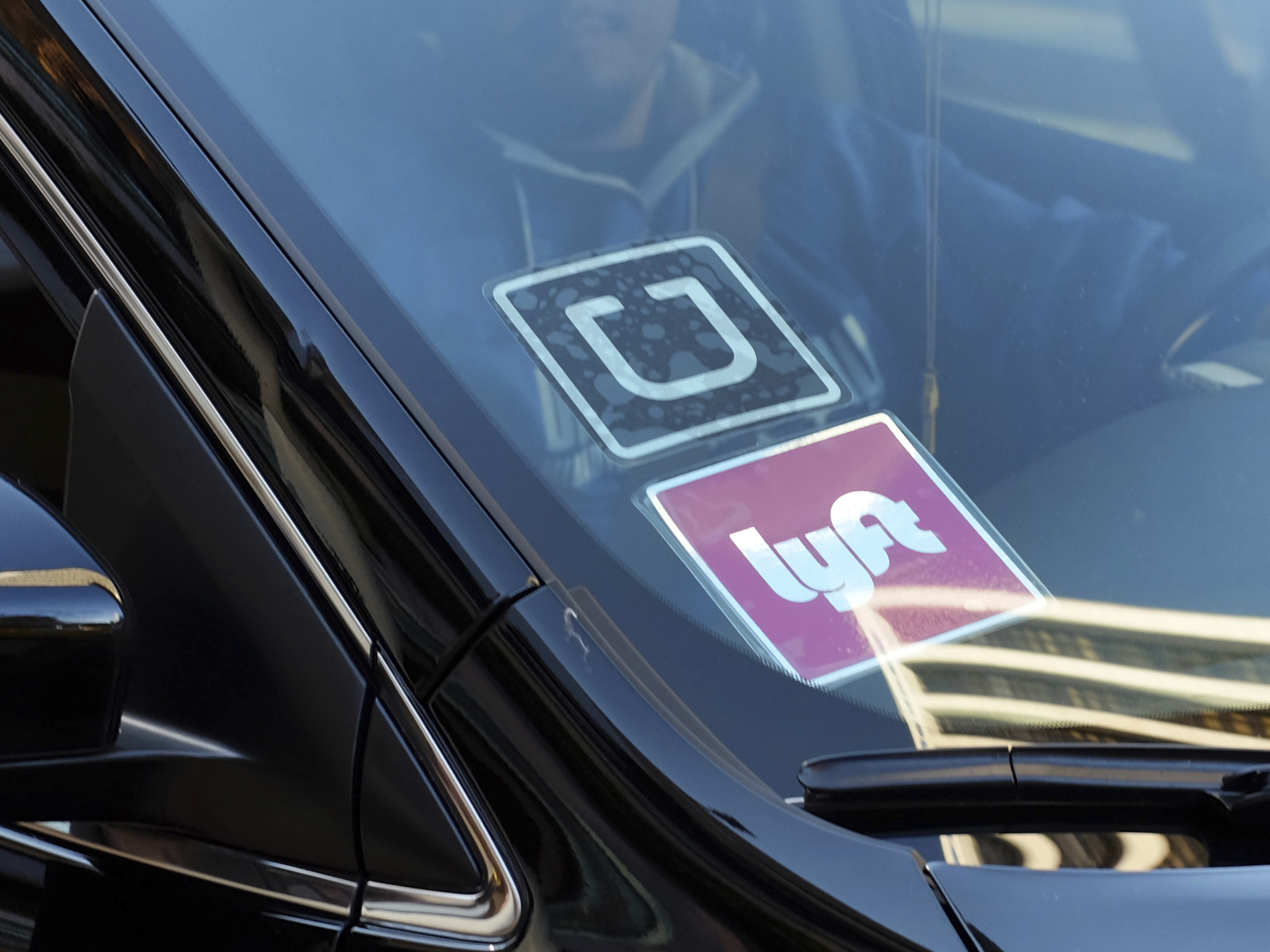
Update 4/17: Officials say the state will accept jobless claims from gig workers and similar groups starting Monday, April 20. The extra $600 payment will also start Monday and run though July 31. Applications can be filed here.
Colorado is nearly ready to accept applications for unemployment benefits from gig workers, independent contractors, self-employed people and others covered by the federal CARES Act.
The federal government issued guidance for implementing the new law on April 2, but Colorado and other states are still updating their systems to accept the new types of applications.
The CARES Act is now "very close" to implementation in Colorado, perhaps within a couple of days, said Cher Roybal Haavind, deputy executive director for Colorado Department of Labor and Employment, at a Thursday press conference.
When the update is complete, it will deliver an extra $600 weekly for all unemployment recipients. And, for the first time, it will open the program to people without traditional "W-2" jobs.
The new program, known as Pandemic Unemployment Assistance, will cover independent workers who have lost work or can’t work due to COVID-19. It also offers coverage for regular W-2 workers who don’t qualify under the regular rules, including those who can’t work due to a child at home or personal health concerns.
Officials urged people to prepare their 2019 tax documents before they apply for PUA. Those without 2019 documents can submit 2018 forms instead. The law is retroactive, meaning people can collect benefits dating as far back as Feb. 2.
In all, there could be 15,000 to 30,000 Coloradans working for online “gig” platforms like Uber and Instacart, plus many more who are self-employed or independent contractors.
Separately, Haavind reported progress in stabilizing the overloaded unemployment system.
First, CDLE has cleared out its backlog of PINs, Haavind said. Applicants can’t collect their benefits without the personalized code, and some had waited weeks to receive one. People should now receive a PIN within about four days of filing a claim.
The state’s unemployment system initially buckled under the surge of demand. That’s in part because it relies on the aging COBOL programming language, and also because cases usually require manual reviews. The state will use more modern technology to get the new parts of the system working, and it’s automated some processes.
The department also is in the “final stages” of adding contract workers to its call center, which has been overwhelmed by an “unmanageable” surge of tens of thousands of calls each day, Haavind said.
The number of unemployment claims is still climbing dramatically. Last week, about 104,000 people applied for the benefit. That’s double the prior week — and those one-week numbers were greater than any single year from 2011 to 2019.
In total, about a quarter-million people have filed for unemployment in the last month in Colorado. About 1.5 percent of the state’s workforce is now collecting unemployment. For comparison, that figure was about 3 percent in the depths of the Great Recession.
Another measure — the amount of money paid out each week — is far surpassing an average week in the Great Recession. The state program paid about $62 million to recipients last week.
Food services and accommodations is the hardest-hit sector and makes up about a fifth of recent claims. Thousands more claims have come from the health-care and social service sector, including dentists’ and physicians’ offices and child-care centers; retail stores; and manufacturing and wholesale trade.
In other states, fraudsters have taken advantage of the crisis by visiting people’s homes and claiming to work for unemployment services. Colorado officials warned everyone to be protective of their personal information.









